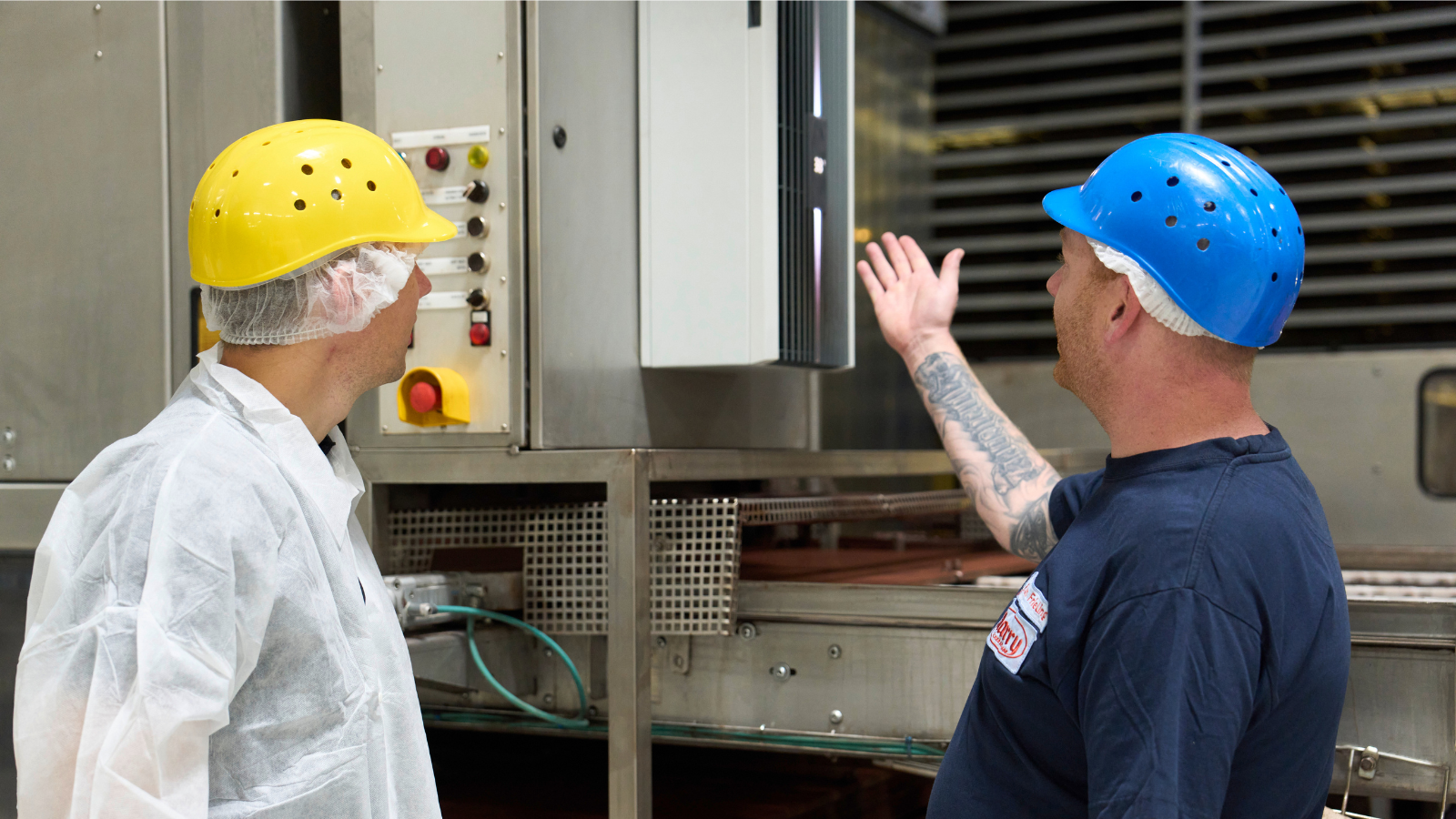
The Heat is On: Prevent Your Electrical Drives Having a Meltdown
The summer is in full swing, but while the warm temperatures are great for ice-cream sales and sunbathers, it’s not great news for electrical equipment. Last year was reported to be the hottest year on record by the Met Office, and with this year shaping up to be another toasty one, the rising temperatures will have a major impact on your electrical equipment.
On top of the hot summer temperatures, factory floors are already relatively hostile spaces for all types of electrical equipment, including the PLCs and drives responsible for keeping the lines moving. Their components don’t react well to high levels of moisture, dust, and heat in the atmosphere.
Therefore, come summer, it’s an uncomfortable but perhaps unsurprising fact that our Service teams start seeing a sharp increase in calls about equipment failures and system malfunctions.
To combat temperatures outside, many production teams try to protect their drives by adjusting the system’s climate control units (i.e. increasing the level of cooling). But ironically, this can trigger operations to slow or even stop. If the cooling units are poorly maintained, for example, then the increase in demand can cause them to trip or fail completely, leaving panel temperatures to rise unchecked. Alternatively, if units haven’t been correctly specified, or the company has installed new electrical drives without upgrading its cooling system, then lowering the setpoint is not only a risk, it can also be in vain as units are simply not able to deliver the required amount of cooling.
And of course, should your production lines will grind to a halt, not only will this have an immediate impact on productivity, but there will also be further substantive costs to get the plant up and running again. The good news? This type of production line breakdown is almost always entirely preventable.
Why Does Electrical Equipment Need Cooling?
All electrical equipment generates heat as a by-product of its activities, and this heat needs to be removed. For every increase of 10oC in your panel temperature, it’s estimated that the life of your expensive equipment, including PLCs, and variable speed drives, is halved.
The cost of replacing equipment that has failed due to overheating can be substantial. Large drives can cost more than £10,000, meaning the annual bill across even a small site can be many times this figure – although, arguably, the availability of replacement parts is of more concern currently than their cost!
With shortages in global supply chains causing the lead-times for some electronic equipment to be more than a year, businesses are having to find alternative solutions to get their lines back up and running, but not without delay.
We recommend that you arrange for a health check of your cooling so that any necessary remedial measures can be taken before problems arise.
How to Check if Cooling Equipment is Failing?
As a guide, if you’ve encountered one or more of the following, then something may be amiss and should be investigated before bigger problems surface:
- Is your electrical equipment (PLCs and drives) starting to trip or fail?
- Do electrical equipment trips or failures cause production to slow or stop?
- Are your enclosures hot to touch?
- Are your enclosure doors regularly left open?
- Do you have fans standing by those open doors in the summer months?
- Does inadequate chilling of process fluids result in production down-time?
- Have you upgraded your PLCs and drives and not reviewed your existing cooling equipment?
It’s also worth checking the date of the last scheduled service and maintenance visit, and if this in line with manufacturer’s recommendations. If not - or you can’t remember the last time it was serviced - then we would advise scheduling a service before temperatures rise any further.
Maintaining a stable temperature within an enclosure through effective climate control will ensure that your electrical drives will work to their full speed and potential, and will help avoid costly, time-consuming failures – in both the short and the longer-term.
During one of our free RiAssure Service & Efficiency Checks, a member of our experienced Rittal team will inspect up to 10 cooling units. Find out more and protect your equipment today!



